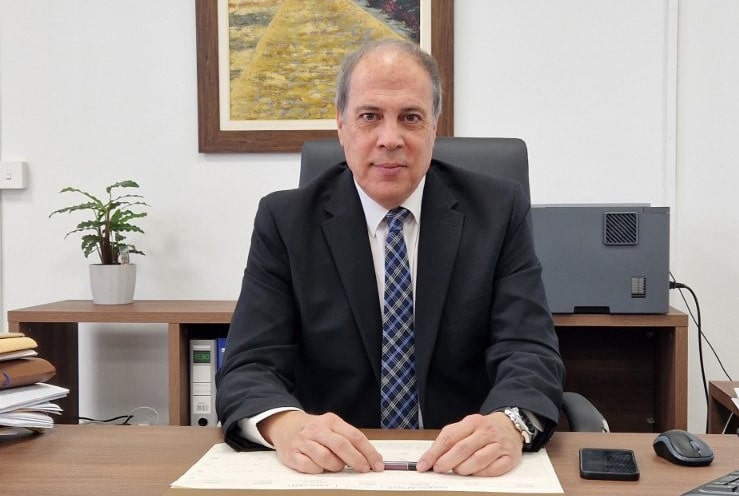Our View: Anti-corruption office sinking into political infighting

The authority against corruption has so far received 192 complaints, according to its head Haris Poyadjis. He did not say how many had been investigated but we suspect it is a tiny fraction of the total. He conceded that delays were being observed in the investigation of cases, attributing this to understaffing. But even if the staffing levels were doubled, the delays would remain considering the staggering number of complaints.
When the authority was set up it was difficult to have any idea of the number of complaints that would be submitted. Nor could anyone have foreseen what type of cases it would have to investigate. It was set up by Nicos Anastasiades, when his presidency was facing mounting corruption allegations without any clear idea of how it would work as a way of appeasing the angry public, because he had to be seen to be doing something.
An authority with limited powers was set up, primarily to interview interested parties and collect evidence that it would hand over, together with its recommendations to the attorney-general, who would decide whether to pursue the case or not. In effect it was a body that could carry out preliminary investigations of corruption claims, on behalf of the attorney-general. Staffing was basic and the two complex investigations it has undertaken so far have been contracted out to foreign lawyers. Hiring foreigners to investigate allegations, although costly, is the right call to ensure impartiality and independence.
So far, the authority has undertaken two high profile cases. The first was submitted by the auditor-general against the deputy attorney-general, whom he accused of corruption and conflict of interest. While acknowledging there may have been conflict of interest, the foreign barristers quashed suggestions of corruption.
The second case was reported by presidential candidate Andreas Mavroyiannis which asked that the allegations of corruption against Nicos Anastasiades, contained in the book ‘Mafia State’ by Makarios Drousiotis, were investigated. It was subsequently broadened, at the behest of Anastasiades, who demanded, rather ludicrously, that the allegations in all three books about his government by the same author were investigated.
If the former president was so certain the allegations in the other two books were unfounded, why was he wasting the authority’s time, demanding these were also investigated? Why had the authority agreed to his request, considering he was not making a corruption allegation, but in effect wanted to clear his name, which is not the authority’s responsibility but the courts, to which Anastasiades has subsequently resorted. It should never have agreed to become a part of the former president’s theatrical attempt to show the public he had nothing to fear.
In fact, the authority is fast degenerating into a forum for the settling of political scores. An Akel deputy has reported Disy for taking donations from holders of golden passports, claiming these were suspicious dealings. Meanwhile, in a tit-for-tat a Disy deputy has reported allegations made in a publication by OCCRP, claiming that Akel had received funding from the Russian lobby to pass pro-Russia resolutions in parliament on Crimea.
The auditor-general Odysseas Michaelides is also using the authority for his war against the attorney-general George Savvides and the deputy attorney-general Savvas Angelides. Apart from reporting the deputy AG, Michaelides has also asked the authority, together with an Akel deputy, to investigate cases of corruption and conflict of interest against Anastasiades and members of his cabinet, linked to law offices involved in the issuing of golden passports. The targets are Savvides and Angelides who served in the cabinet, but is there a need for yet another investigation into the golden passports, after those conducted by Myron Nikolatos and Michaelides himself?
Everyone appears to be working to turn the authority against corruption into a mockery, a platform for scoring points against their opponents. On Wednesday, Poyiadjis told deputies that he would be meeting President Nikos Christodoulides to propose the amendment of the law governing the operation of the authority so it could subject people to police-type questioning, carry out investigations and be able to take a decision on prosecutions.
It would be rather premature to change the legal status of the authority before it has operated for a few years, its weaknesses identified, and its authorities clearly defined. And before proposing an increase of its powers and scope, Poyadjis should consider how to stop the authority being used by politicians and officials for settling scores.
